If you are coming to Spain to work, to spend your retirement years or simply to live in this sunny and welcoming country, we recommend you read this article.
Apart from enjoying other advantages that living in Spain has, such as enjoying the varied gastronomy, being able to see the Mediterranean Sea every day from your house on the coast or feel the warm sea breeze, being a tax resident in Spain has some implications that must be taken into account.
The status of tax resident in Spain, according to the law
Article 9 of the Personal Income Tax Law establishes the criteria to become a tax resident in Spain. It is important to say that it is not necessary to meet all of them to have the status of tax resident in Spain – one would be enough.
And who is considered a tax resident in Spain?
- First of all, a tax resident is someone who stays more than 183 days during a year in Spain. Be very careful with sporadic absences, as they are also taken into account to calculate the days of stay, unless you prove that you are a tax resident in another country. In case you live in a country considered a tax haven, the Tax Office may ask you to provide proof that you have stayed there for 183 days in the year, otherwise you will continue to be a tax resident in Spain.
- There is another way for you to be considered a tax resident in Spain, if you stay here less than 183 days in a year. This can happen when your centre of economic interests, directly or indirectly, is located in Spanish territory.
Personal Income Tax
- Worldwide income taxation
Tax residents in Spain need to know that they are obliged to pay taxes on their worldwide income – and not only on their income from Spanish origin – during the tax period of the Personal Income Tax, which coincides with the calendar year. Therefore, the accrual date is December 31st and the tax return is Form 100. In case a tax has been paid abroad, the possibility of a tax credit (to avoid double taxation) must be analysed.
- Which are the tax rates?
In the Personal Income Tax there are two payable bases: the general base (which taxes salary and rental income) and the savings base (which taxes interests, dividends, etc.). The first one has tax rates that range between a minimum of 19% and a maximum of 52%, depending on the region of Spain where you live in. The second one ranges between 19% and 26%.
Wealth Tax
- Worldwide assets taxation
Once again, tax residents in Spain must pay this tax for all their global net worth. It is important to note that this tax is overseen by different regions, so each of them has its own regulation. Tax period and accrual date are the same as in Personal Income Tax.
- When should you submit the tax return or pay this tax?
You must submit the tax return when the value of all assets and rights you own exceed the amount of EUR 2,000,000. Likewise, when tax deductions and tax rebates are subtracted, and the result is an amount to be paid, you will also be obliged. All this will be done by fulfilling Form 714, also between April and June of the year following the tax period you declare. As we said, this tax is ceded to the regions (autonomous communities), so there are important differences depending on in which autonomous community you are paying this tax. For example, in Madrid you will be obliged only to submit the tax return, according to the amount stated above, but there is a tax rebate of 100%, so this means that in Madrid there is no Wealth Tax to pay. On the other hand, in other regions, for example in Catalonia, if the value of worldwide assets and rights is over EUR 500,000, you will be obliged to submit this tax return and to pay the tax.
- Which are the tax rates?
The tax rates are different, depending on the autonomous community you live in, but there is a national rule that establishes limits from 0.2% to 3.5%.
Any other obligations when you arrive in Spain and become a tax resident?
Apart from paying your taxes, you might also be obliged to filed Form 720 – to inform Spain about your assets abroad, if you comply with certain requirements.
It is an obligation for every taxpayer to notify to the Tax Office the tax address once you come to Spain. Thus, once you decide to come to Spain and become a tax resident, you must set a fiscal domicile and notify it through Form 030.
Look for a Spanish Tax Advisor !
B LAW & TAX is a Spanish Law Firm based in Madrid that provides legal and tax advisory services. Our areas of expertise include international tax advice to companies with international corporate projects, advice to high-net-worth individuals, legal and tax advice to family businesses, and advice on employee expatriation.
We are an international team of high-level professionals, specialized in tax and commercial law. We cover all the legal aspects related to individuals.
Do not hesitate to contact us if you need further advice if you are thinking to move to Spain and we will be glad to advice you more deeply.





